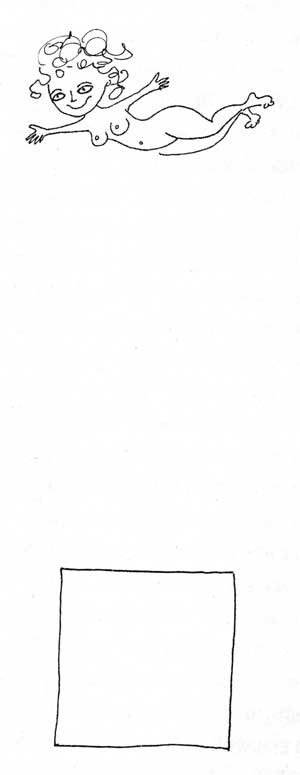"It's not a good time"
In an interview with Germany's Norddeutscher Rundfunk for their online series "Eat, READ, Sleep," Siri talks about literature, and the current situation in the USA.
NDR: You live in New York, which we know as a city that never sleeps? What is your life like there?
SH: The city that never sleeps has been sleeping for some time, as you know. It is noticeably calmer. In April we saw the peak of the corona crisis. We lost 25,000 people. It's a hard time and life is coming back to the city slowly. Many people still stay at home. The restaurants are still closed. We are still afraid, although relatively few people are currently ill. We are afraid of people who could bring the virus into the city from states in which it is rampant. The US is in bad shape - economically and politically. It is not a good time.
NDR: I imagine working as a writer as permanent quarantine. What does the situation mean for your work?
SH: Actually, my life hasn't really changed. I get up at half past six in the morning, then work over the morning, sometimes into the early afternoon. Then I read for three or four hours. It has been my daily routine for many years. That hasn't changed. The context of the work has changed. What happens out there has an impact on your life, even if it doesn't actually change. The two sounds that dominated the city at the height of the pandemic were, on the one hand, the birds - more than I've ever seen in New York City - and sirens that could be heard 24 hours a day reminding people that they were dying, and so on the fate of the other victims.
NDR: Which books are you reading at this particular time?
SH: Oha! I look briefly at my bookshelf in my apartment. There is, for example, a very special book by Fran Ross from 1976 entitled "Oreo". She died at the age of 50 and hardly anyone has noticed this book when it was published. It was reissued by New Directions Press in 2015 and has been revived. In the United States, the term "oreo" has been accused of being black on the outside and white on the inside.
